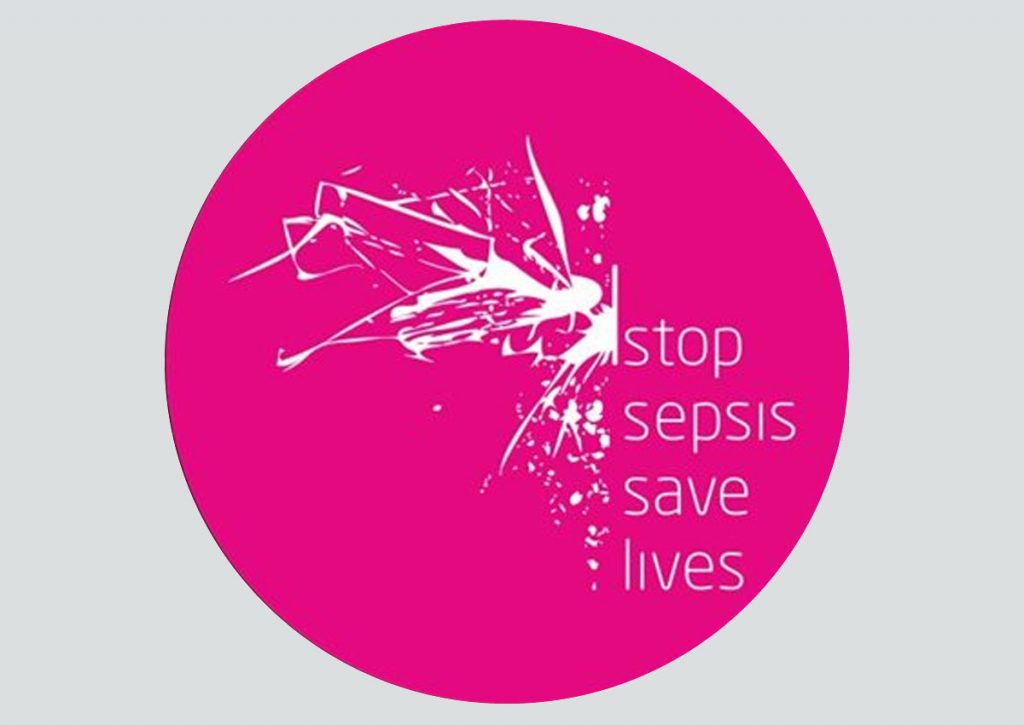This website uses cookies so that we can provide you with the best user experience possible. Cookie information is stored in your browser and performs functions such as recognising you when you return to our website and helping our team to understand which sections of the website you find most interesting and useful.
Would you recognise the symptoms of sepsis
14/09/2021

More people are killed annually by the condition than breast, bowel and prostate cancer put together
Sepsis affects over 250,000 people every year in the UK, but would you recognise the symptoms. The condition which is sometimes known as blood poisoning claims at least 48,000 lives annually, which is more than breast, bowel and prostate cancer put together.
Yesterday was World Sepsis Day and calls were made by both Oxford University Hospitals Trust and South Central Ambulance Service for people to learn more so they can spot the warning signs.
Sepsis occurs when the body’s immune system overreacts to an infection – including viral infections such as COVID-19. Instead of local inflammation resulting from a local infection, the body’s entire system goes into inflammation. The result can be damage to tissues and organs and even death.
Those at higher risk of developing sepsis are people aged over 75 or young children under a year old, as well as those who have experienced physical trauma such as fractures. Patients who have compromised immune systems, such as those who have undergone recent chemotherapy, are particularly at risk.
Symptoms can be vague and initially often feel like flu, gastroenteritis or a chest infection but people can worsen very quickly. This can cause their blood pressure to fall and shock the body which, if not treated immediately, can result in organ failure.
40% of all sepsis survivors suffer permanent, life-changing after-effects.
However, if recognised and diagnosed early it can be treated effectively with medicines such as antibiotics and intravenous fluids, avoiding such severe consequences.
Mark Ainsworth-Smith MBE, a consultant pre-hospital care practitioner at South Central Ambulance Service (SCAS), said: “Most of us who develop an infection will be fine; we will recover and go completely back to normal, but certain people will suffer a dysregulated response in the body which means they can become very unwell very quickly.
“This is of concern as, although there are higher risk groups, sepsis can affect anyone and it can sometimes be hard to spot, so it is really important people familiarise themselves with the signs and take action when they need to.”
Mr Ainsworth-Smith said that COVID had led to some people not addressing sepsis symptoms quickly enough: “The pandemic has been a complicating factor because some patients have attributed their symptoms to COVID-19 and some have been scared to attend hospitals and GP surgeries to be assessed in fear that they are going to catch COVID-19.
“This has led some patients to delay seeking medical attention. We want to take the opportunity to highlight the condition and again raise awareness of sepsis.”
To prevent the worst outcomes, including chronic disabilities or death, people should be aware of the symptoms that might indicate sepsis. These include slurred speech, confusion, extreme shivering, muscle pain, lack of urination, purple rash or skin mottled and discoloured, fever or breathlessness.
Not all the symptoms come at the same time and just one sign could be enough to seek immediate medical help.
Published: by Banbury FM Newsteam



